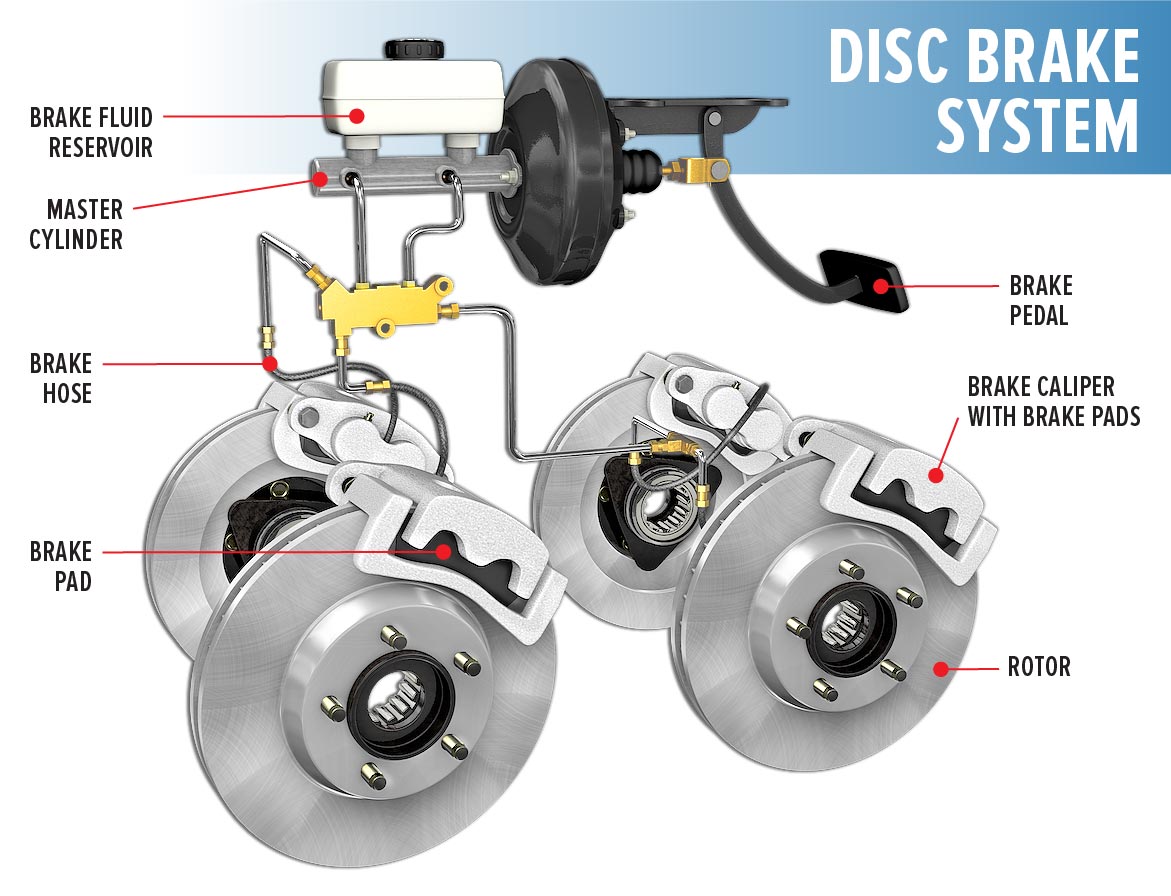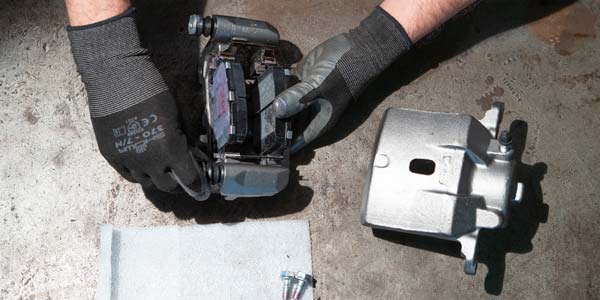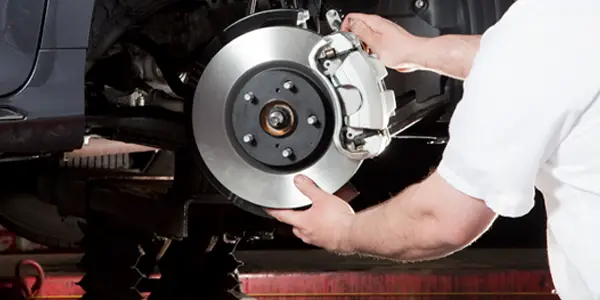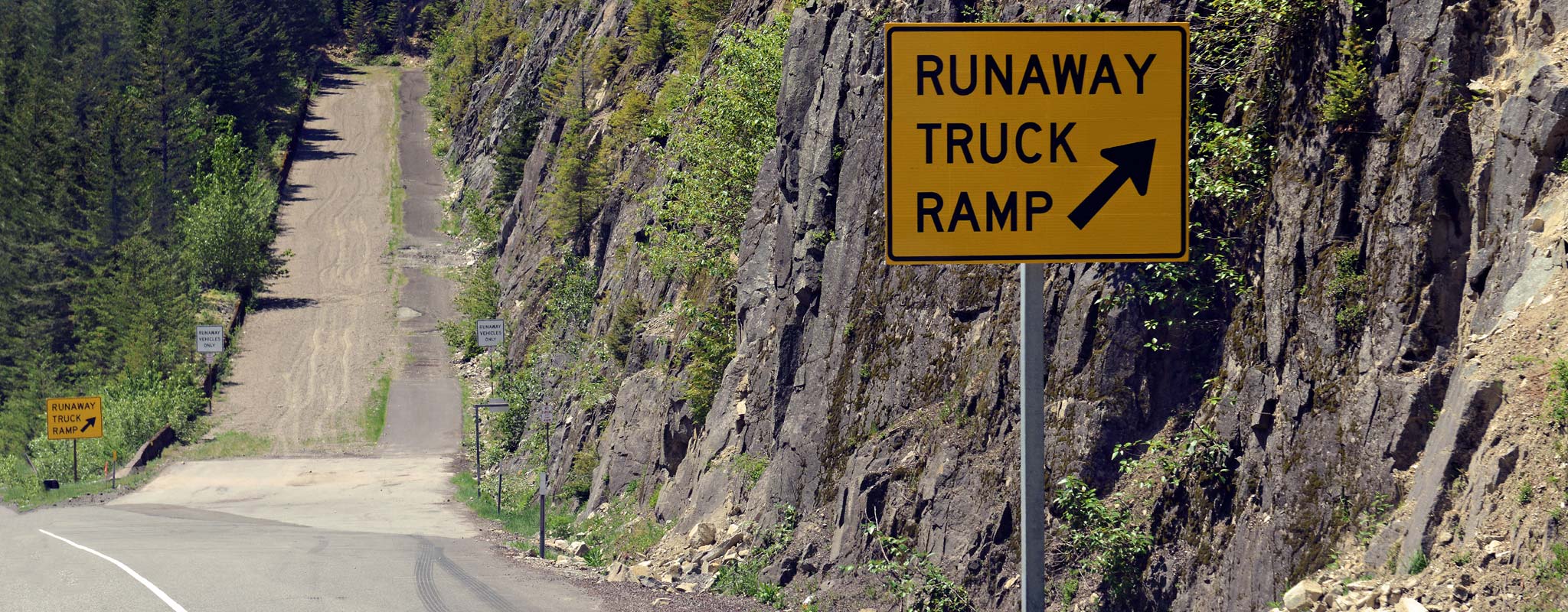Do I Really Need Brake Service?
Brake problems can be confusing to figure out. Some are harmless with little to no repair needed, such as dust in the braking system that causes squeaking. Other issues indicate likely problems with different car parts, such as a worn belt causing a shrill squeal. Not every sound, sensation or smell means you're due for a brake overhaul, but some do.
In order to diagnose, a mechanic will want to know:
- The nature of noises you’re noticing. Are they squealing, squeaking or grinding? Does it sound metallic?
- Exactly where the noises are coming from.
- What causes a noise to start and stop: Revving the engine while in park? Braking? Accelerating? Going over a bump?
- If there are any smells.
- If you feel a vibration.
- Any changes in brake pedal firmness.
No need to worry about taking the time and paying the money for a brake job before you know whether you need it. Here are some symptoms and their possible causes.
Squealing, Squeaking or Grinding
A continuous grinding squeal when you’re underway that came on suddenly could just be a rock caught between the brake pad and the disc. Some types of brake pad material can cause harmless squeaking. The sound could also be from moisture or dust in the braking system that isn’t doing damage. Or hardware may be in need of lube.
But a constant, high-pitched screech coming from the wheel area while you’re driving, which came on gradually and stops while you brake, is likely the brake pad wear indicator. This is a metal tab that contacts the rotor surface once pads are reaching their minimum. This means you’re due for service.

If it’s a shrill squeal coming from the engine area that varies with engine speed, it could be a worn belt (alternator, power steering, fan, water pump, A/C) that’s slipping on a pulley. However, squealing could also mean a failing alternator or bearings. It may take an expert to tell the difference. Squeaking sounds coming from the wheel area can also indicate worn shocks or other suspension parts.
If you’ve got drum brakes in the rear, excessive brake dust or badly worn shoes can cause grinding sounds.
Vibration or Pull
An unbalanced tire can cause vibration in your steering wheel. It costs little to nothing to fix.
Vibration in the brake pedal or steering wheel felt only during braking points to a brake system issue, such as an uneven rotor surface. If you’ve just gotten brake service, it may be that the rotors weren’t resurfaced. Rough braking could also be from the brake caliper not releasing back into a full off position when you let up on the pedal. A less likely cause is a worn suspension part.
Steering pull to one side during braking could be a stuck caliper, bad brake hose, worn-out brake pads or loose suspension parts. If you’re noticing a vibration right after you’ve had a tire rotation or seasonal swap-out, it may be related to tire rebalancing.
A brake pedal that seems too soft when you hit it can mean either air in the hydraulic system, worn-out brake pads or a fluid leak somewhere in the brake system.
Bad Smell
A pungent smell could be from oil burning, especially if you’ve recently had an oil change and some overflowed, or you might be driving with the parking brake engaged.
But if the smell is coming from near your wheels — especially in hot conditions while you’re driving in the mountains — it’s possible you’ve been riding the brakes and they’ve overheated. Or, a brake pad or caliper could be stuck, which often comes along with smoke. (Stop immediately in a safe place and figure out what’s going on so you don’t have brake failure.)
Tips Before Getting Service
Ask questions, read your owner’s manual and be aware of the following if brake servicing is recommended.
Be wary if the mechanic says you need brake service when you have 50 percent pads left. If your shop uses percentages to tell when brakes are due, wait until your pads are down to 15 to 20 percent before scheduling. (Les Schwab Tires measures brake pads in millimeters, not percentages. This helps us be more precise about when service is due.)
Find out what’s included. Make sure they do a thorough inspection and get a written quote that includes pad and rotor measurements.
Ask if rotors should be resurfaced or replaced. This service is necessary if you’ve gone too long between brake servicing and grooves have formed on the surface, brake pad material has collected there causing rough braking or the rotor thickness has become uneven. The technician should measure using a micrometer and inform you of rotor thickness. If rotors are getting down to the minimum, it may be better to replace them.
Yes, brake fluid needs to be replaced. Draining old and adding new fluid extends brake component life. It’s common for moisture to get into the brake system. Brake fluid is hygroscopic, meaning it attracts and retains water. When water gets into this sealed system, there’s more risk of corrosion of metal parts and poor braking.
Be cautious about cleaning and lubing. Today’s brake systems typically don’t need to be taken apart and washed. The exception is when you’re experiencing brake squeal or squeaking when your pads still have plenty of life in them and no other cause is evident. It could be glazing, the brake pad’s friction surface getting hardened from heat. In this instance, cleaning and lubing moving components can reduce noise and extend brake life.
Bottom line: Brake sounds, smells, vibration or a dashboard light are not things to guess about and hope you’re right. But you’re not in for an expensive repair job for every problem. Get them checked out pronto by a service shop you trust. (Les Schwab Tires does brake inspections for free.)
Schedule an Appointment
What you need to know

Why We Replace Calipers With Your Brake Service
When brakes wear out, you want to replace more than just the worn-out brake pads. Here’s why we replace brake calipers as part of our brake service.

Understanding Brake Shoes vs. Brake Pads
Understand the differences between brake shoes vs. brake pads and what each of these brake components do to maintain your safety on the road with this Les Schwab guide.

Should You Replace All Four Pair of Brake Pads at Once?
Wondering if you should replace all four pair of brake pads at once? Learn the signs, benefits of simultaneous replacement, and expert tips for optimal performance.

